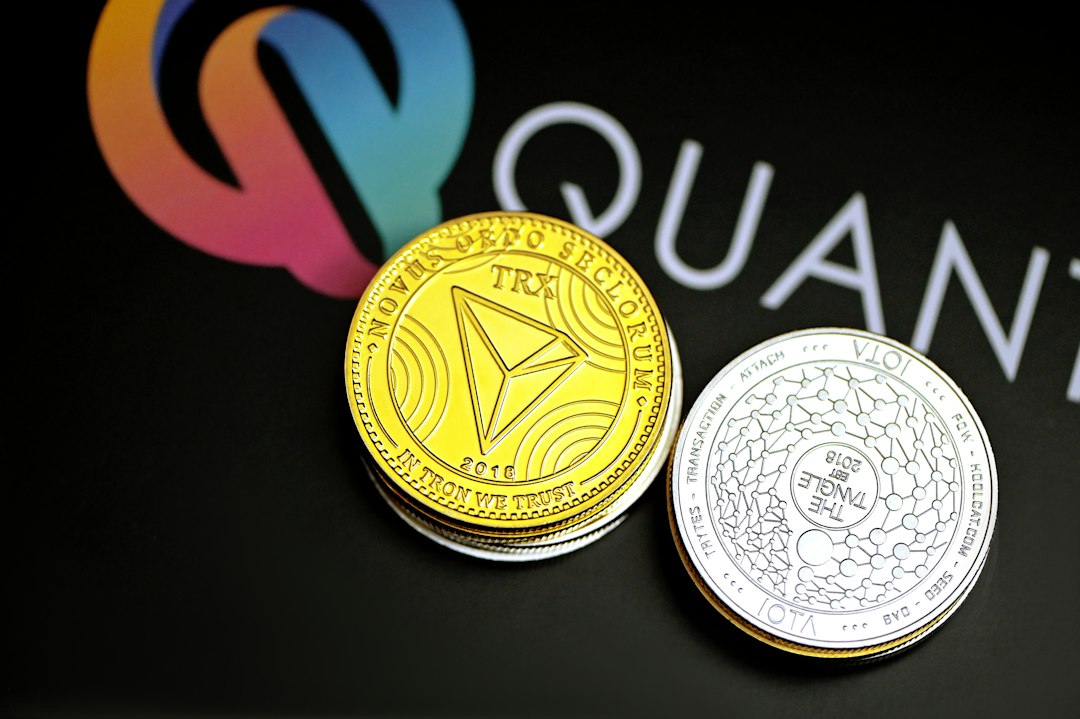The Terra Classic Community Proposes Burning 800 Million USTC Tokens
The Terra Classic community, led by the L1 Task Force (L1TF) and network validators, has introduced a new proposal to restore USTC to its dollar peg. The latest proposal, known as Proposal 11927, suggests burning 800 million USTC tokens from the Luna Classic treasury. This decision was made after Risk Harbour, the custodian of the Multisig wallet, revealed that they had lost the keys. The community believes that burning such a significant amount of USTC could potentially increase the token’s value.
Initial Proposal Faced Challenges
Prior to this latest proposal, an initial proposal to burn the 800 million USTC tokens through an update to Terrad Client was not passed. Many validators were concerned about the legal repercussions of updating the code on their nodes. As a result, this alternative proposal was introduced, which would not require validators to update their code. The community hopes that this new proposal will be successful and achieve the same effect as the initial one.
Validators Show Apathy Towards Voting
However, there has been limited participation from validators in voting for the latest proposal. Only 8.67% of total votes have been cast so far, with a significant number choosing to abstain from voting altogether. While there is still time for the proposal to meet the pass threshold before voting ends on December 27, it is crucial to reach a quorum of 40% total votes for it to be successful. Despite this, the current trading price of USTC is showing positive growth.
Hot Take: Terra Classic Community Seeks Solution Through Token Burning
The Terra Classic community is actively working towards restoring USTC’s dollar peg by proposing the burning of 800 million USTC tokens. This proposal comes as an alternative to a previous unsuccessful attempt to update the code on validators’ nodes. By burning a significant amount of USTC, the community hopes to increase the token’s value. However, there has been limited participation from validators in voting for this latest proposal, indicating some apathy towards the solution. Nevertheless, there is still time for the proposal to meet the pass threshold and achieve its desired outcome.





 By
By
 By
By

 By
By

 By
By